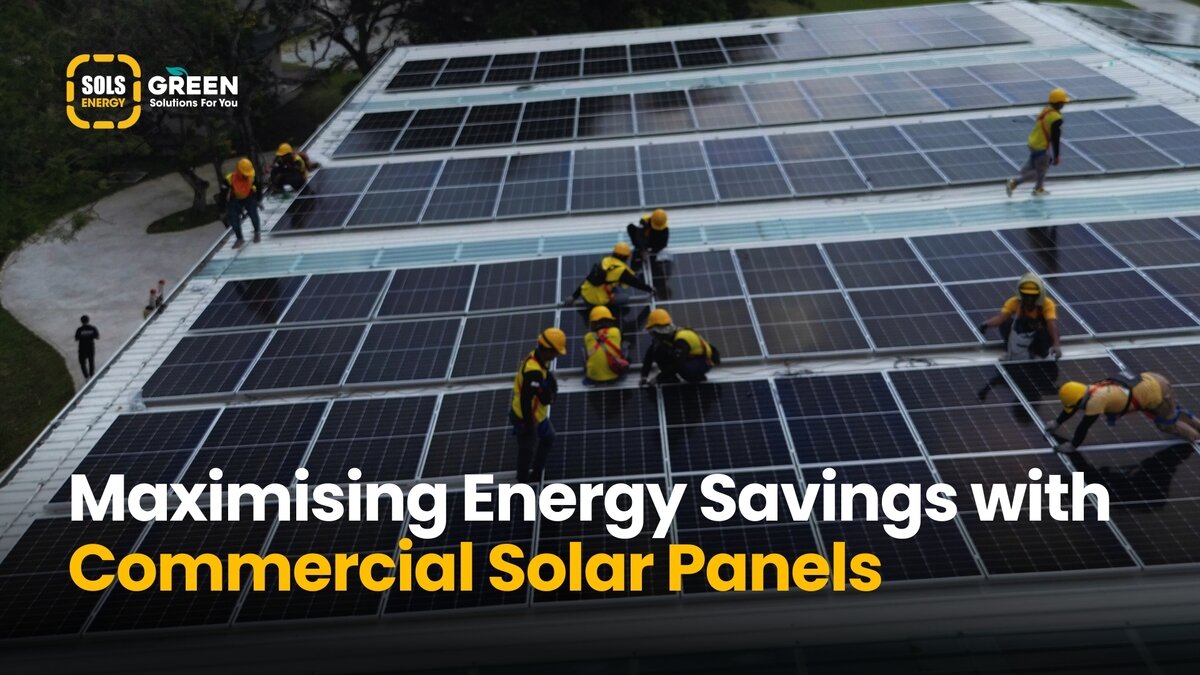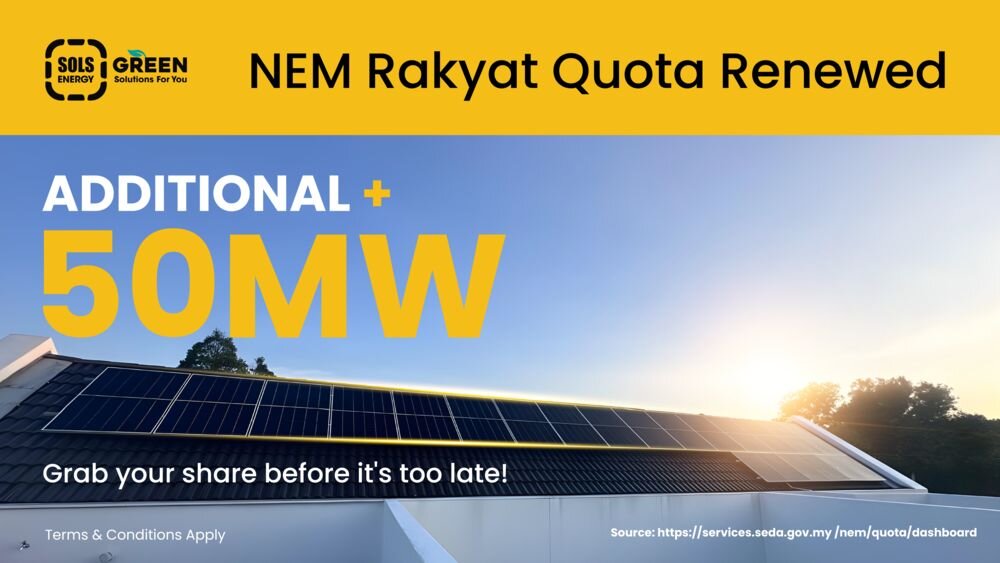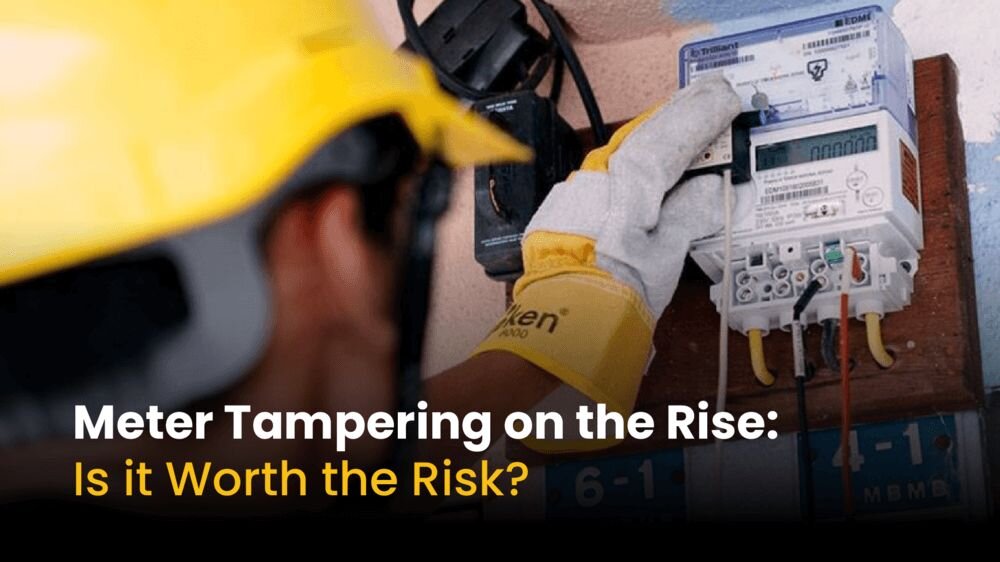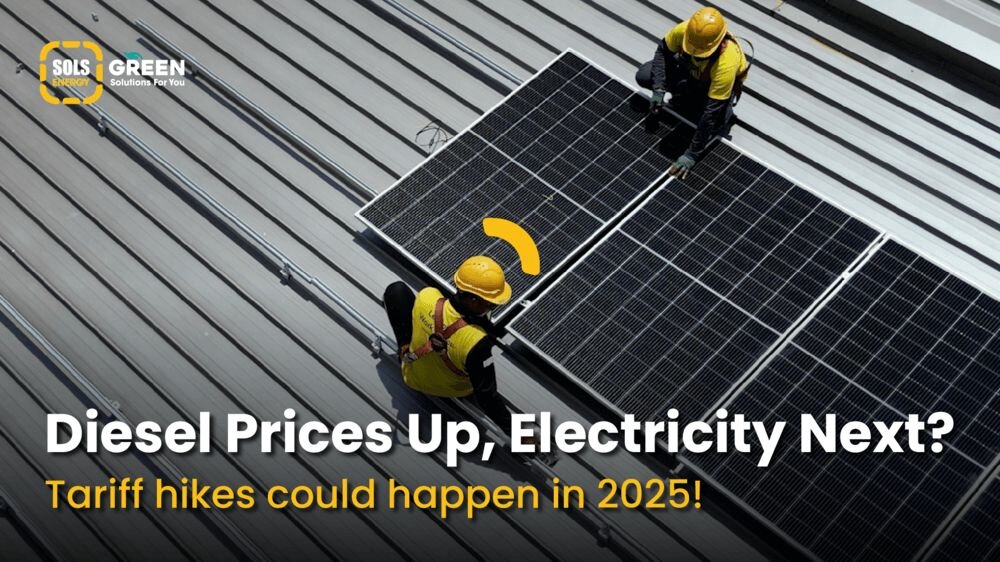Ultimate Tips to Choose the Right Energy-Saving Air Cond to Cut Down Your Electrical Bill
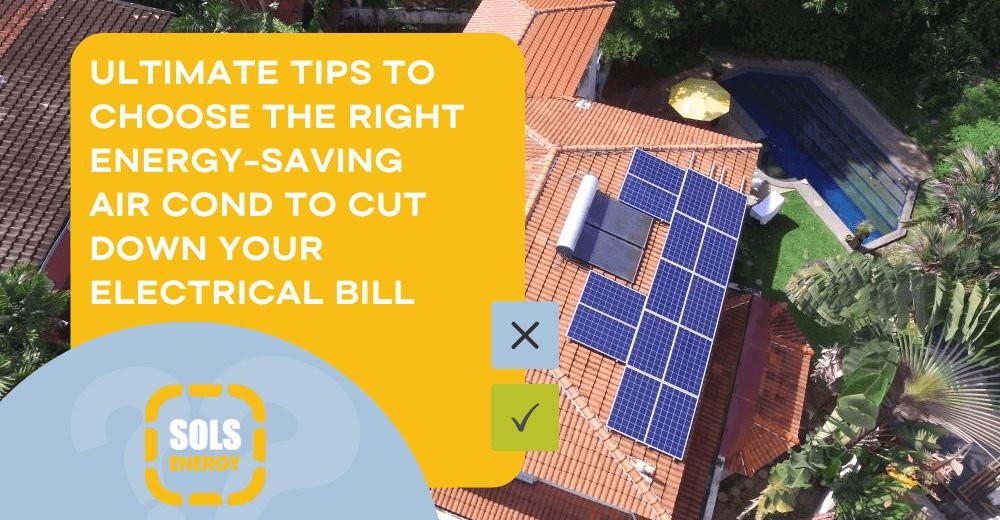
In modern times, most households have an air conditioner – if not multiple. In fact, AC units are deemed an essential item in most homes across the nation, to the extent that their presence – or lack thereof – has a significant impact on people’s decision to purchase or rent a home.
However, AC units aren’t cheap. You’re looking at least at an RM1,000 investment, and even that expense pales in comparison to the cumulative cost of air conditioners in the long term. It doesn’t help matters that electrical bills have been spiking.
In most cases, AC units end up costing homeowners hundreds, if not thousands, per month. Fret not, SOLS Energy has a solution. You can’t control cost spikes in electrical bills, but choosing a cost-effective, energy-saving air conditioner can make a tremendous difference.
Here are our Top 4 Tips to Choose the Best Energy-Saving Air Cond to Cut Down Your Electric Bill!
Inverter Vs Non-Inverter
Inverter Air Conditioners, the most efficient and cost-effective models on the market, have become the preferred option for homeowners due to their quieter and more sustainable operation. Air Cond manufacturers claim that Inverters can save up to 30% more energy than Non-Inverters … but how?
First, it helps to understand the difference between Inverter and Non-Inverter air conditioners. Inverter Air Conds are able to regulate their motor speed to adjust to the temperature of the room, reducing the speed of the compressor to preserve refrigerant and save electricity once a room is cooled.
Meanwhile, Non-Inverter Air Conds run their compressors at full speed, shutting off once a room has reached the desired temperature, and restarting when the temperature begins to drop. This On-Off process produces more noise and consumes more energy.
Inverter Air Conditioner
| Pros | Cons |
|
|
Non-Inverter Air Conditioner
| Pros | Cons |
|
|
Check the EER Rating
The Energy Efficiency Ratio (EER) is used to assess how efficient an air conditioner is. EER refers to the ratio of an Air Cond’s cooling capacity to its power input. Hence, a higher EER rating indicates a more efficient Air Cond. In general, Inverters have higher EER ratings than Non-Inverters.
However, if an Inverter AC is too far out of budget, EER ratings among Non-Inverters differ too – not all Non-Inverter Air Conds are made equal. You should look for AC units that have an EER rating of 8.5 and above. Also, look out for the Energy Star. It indicates that the AC unit uses 10% less energy to operate.
Determine Suitable Horsepower Based on Room Size
In general, the cooling capacities of AC units are measured in horsepower (HP), kilojoules/hour (kJ/hr), or British Thermal Units (BTU). BTU and kJ/hr are used to calculate how much heat the AC unit can remove from the air per hour of operation.
Meanwhile, HP is used to measure the motor power of AC units, not cooling capacities. In short, different models of the same HP might differ in their cooling capacities. Still, the HP rating is useful as it can be used to filter suitable models.
1HP = 9,495 kJ/hr
First, as the recommended floor area of an air conditioner is measured in square metres, either note the size of a room from the floorplan or measure it. Here is the formula to get a rough estimate.
Room Size (m²) × 500 = 𝑥 kJ/h
If a room is 10 square metres,
10m² × 500 = 5,000 kJ/h
You’ll need an AC unit that has a cooling capacity of 5,000 kJ/h, so a 0.5HP AC unit should suffice.
Use Solar Power
You’ve chosen the best Energy-Saving Air Cond. Now what? You can save even more cost through the use of solar power. Using solar panels at home cuts down electrical bills through a couple methods. First, the power generated reduces the amount needed to be supplied from TNB.
In addition, homeowners can benefit from the Net Energy Metering (NEM) system. NEM refers to a mechanism for households to use solar power produced for their personal consumption. Meanwhile, the excess electrical current generated is exported to a TNB grid and is converted into credit that can be used to offset part of the electrical bill.
SOLS Energy guarantees little-to-no maintenance and long-term warranties on our installations, making solar power more affordable and accessible to households. In addition, SOLS Energy offers free online monitoring to ensure our solar panels are up and running at all times.
Make the switch to solar with SOLS Energy and save cost on electrical bills!
Let Us Customize Your Solar
Fill in this form to claim your Free Power Study worth RM499.


